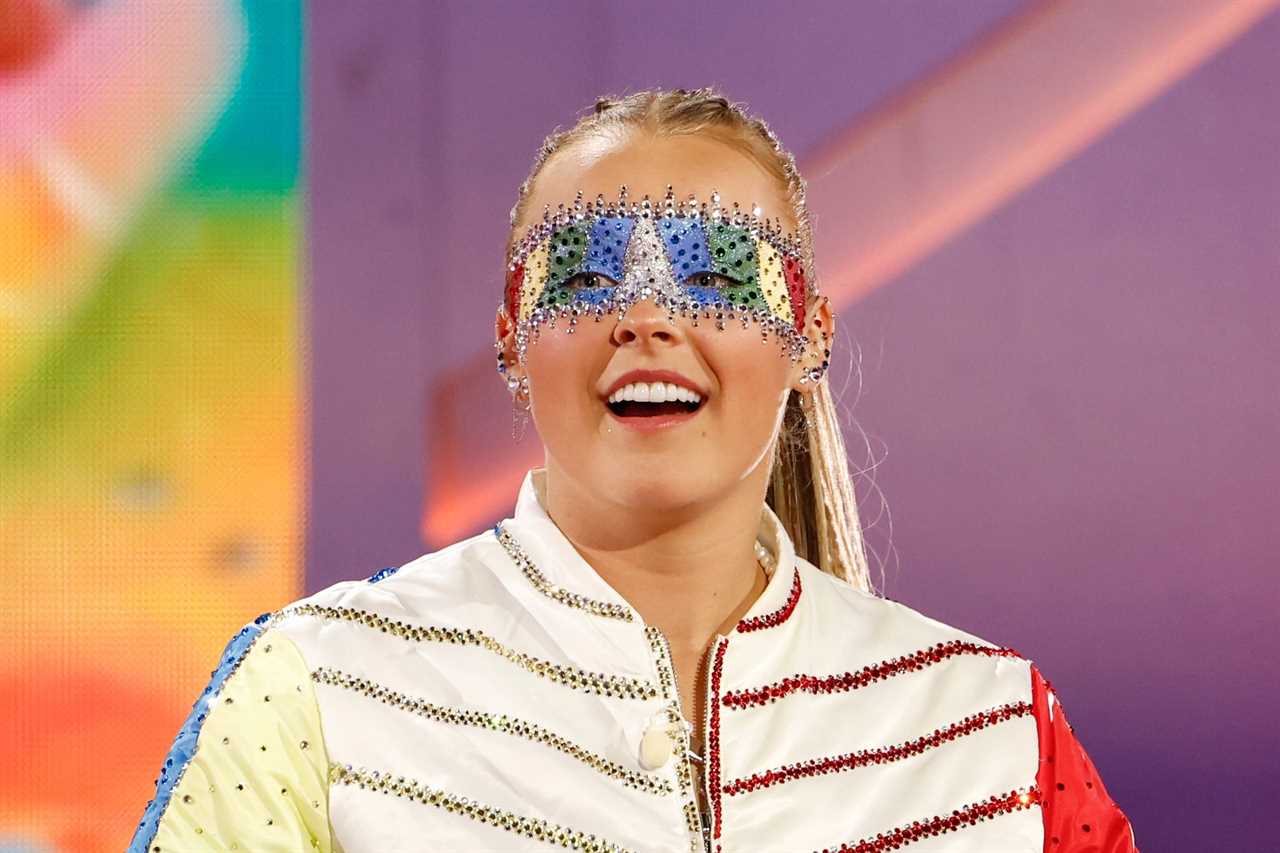
JoJo Siwa's recent emotional reaction to actor Mickey Rourke's use of a homophobic slur has sparked conversations about LGBTQ+ representation and behaviour in the entertainment industry. The incident, which took place during a reality TV show, highlights the ongoing challenges faced by public figures navigating issues of discrimination and respect in the public eye.
The Wider Context: LGBTQ+ Representation in Media
Siwa's tearful response to Rourke's derogatory language sheds light on the persistent presence of homophobia in media spaces, even as conversations about LGBTQ+ visibility and acceptance continue to evolve. The episode underscores the importance of addressing harmful language and behaviour, particularly in platforms that reach a wide audience and influence societal attitudes.
Exploring Power Dynamics in Reality TV
The dynamics of power and influence within reality TV settings are also brought into focus by this incident. Siwa's assertive reaction to Rourke's comments, coupled with her subsequent inquiries about the airing of the scene, reflect the complexities of navigating personal boundaries and professional relationships in a highly scrutinised environment.
Challenges of Public Relationships
The aftermath of the incident, including Siwa's reported breakup with her partner, underscores the challenges of maintaining personal relationships under public scrutiny. The intersection of personal identity, public image, and media visibility adds layers of complexity to individuals' experiences, shaping both personal decisions and public perceptions.

As the story continues to unfold, it prompts reflection on the broader implications of LGBTQ+ representation, privacy in the public eye, and the responsibilities of individuals and institutions in addressing discriminatory behaviour. Siwa's response serves as a reminder of the ongoing work needed to create inclusive and respectful spaces within the entertainment industry and beyond.
Efforts to unpack the nuances of this incident, including Siwa's emotional journey and the broader societal implications, offer a lens through which we can engage with the complexities of identity, power, and representation in contemporary media landscapes. By critically examining these moments, we take a step towards a more inclusive and empathetic understanding of the challenges faced by individuals navigating public spaces.






